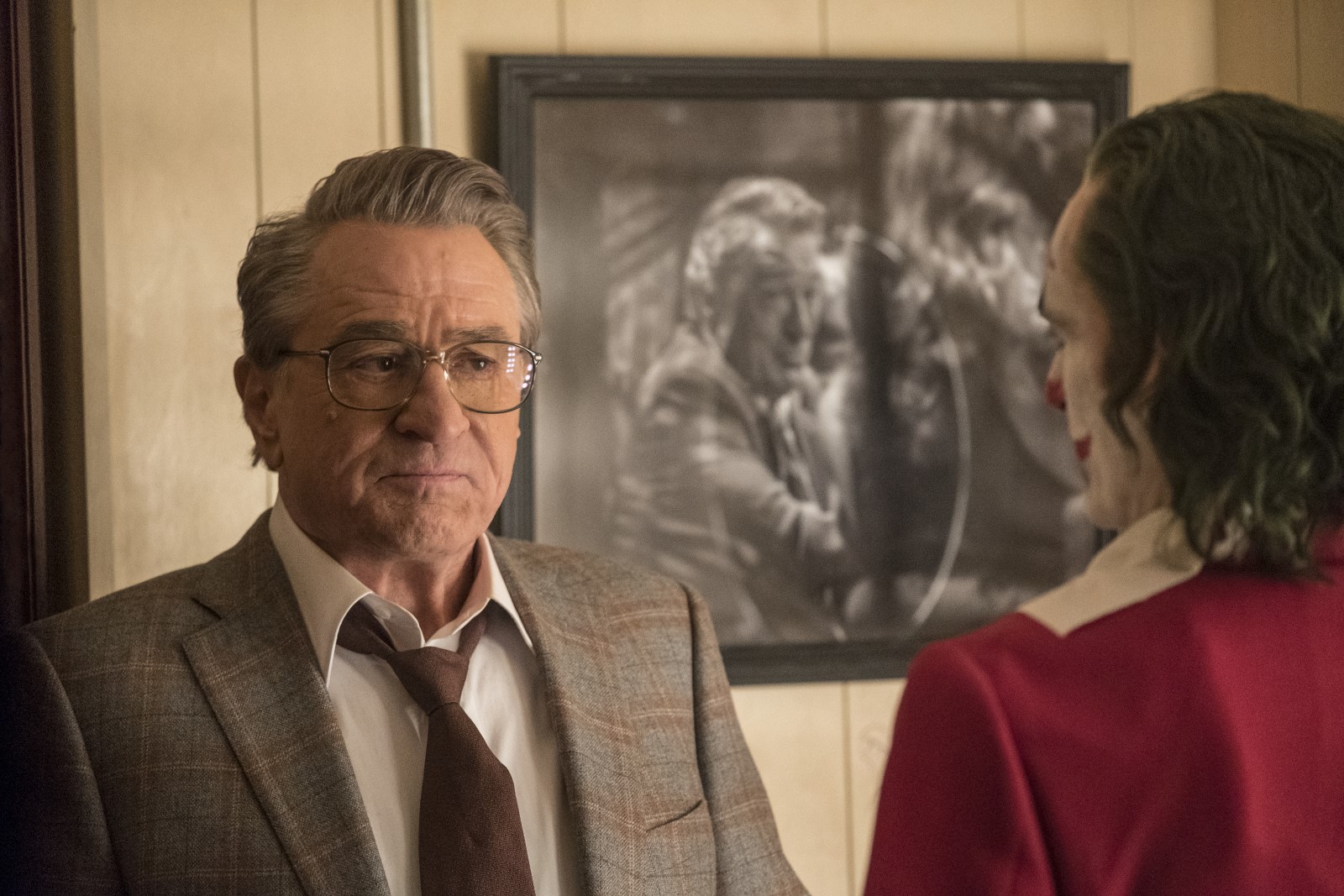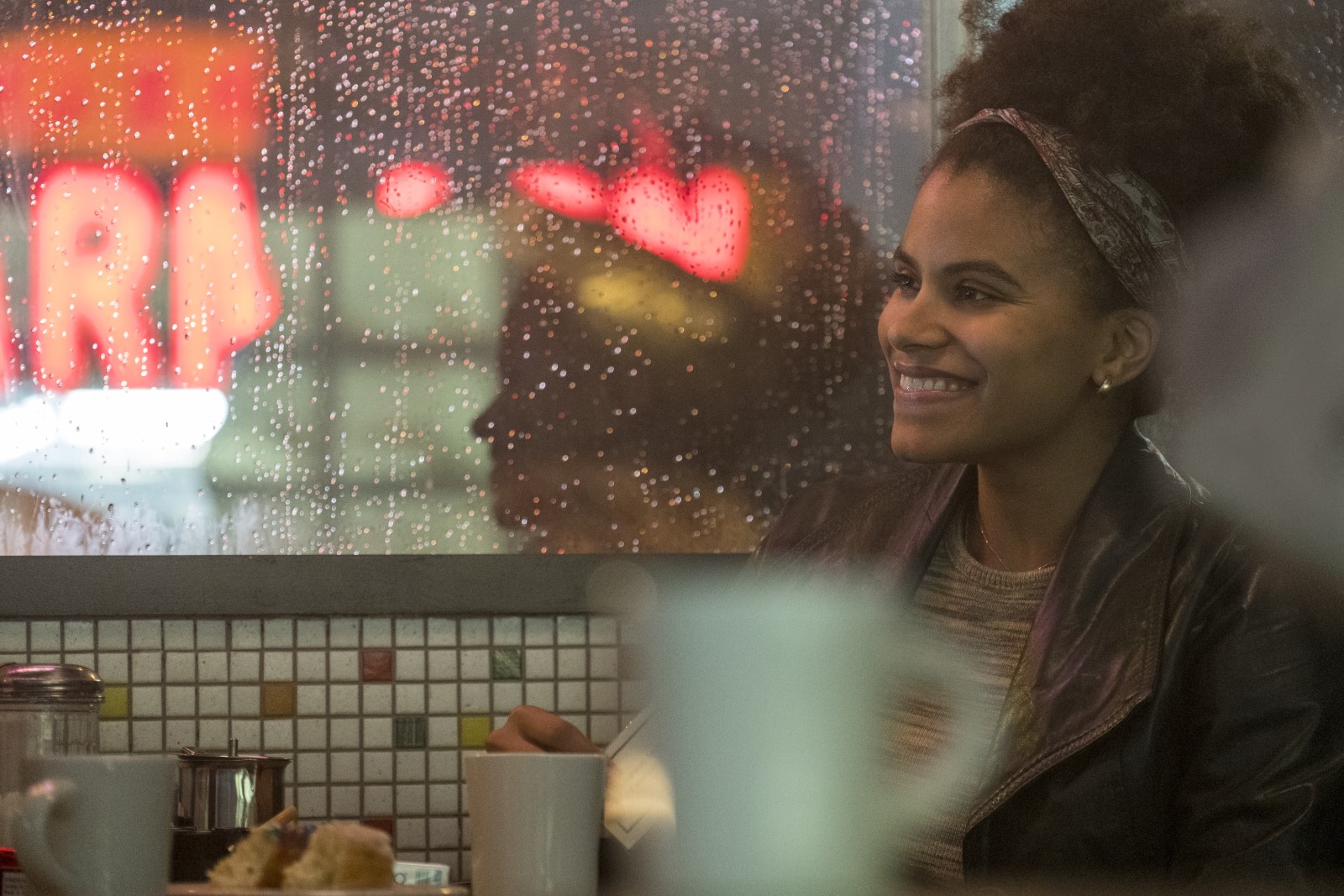Alexander Herzen was one of the towering figures of Russian culture in the 19th century. His epic memoirs, My Past and Thoughts, are considered the best example of that genre in that language. As a man he defies easy categorisation – he was a thinker, a revolutionary, the first Russian socialist and the person almost singlehandedly responsible for the creation of Russian public opinion through the establishment of Russia’s first uncensored news organ. For Isaiah Berlin, he was something of a hero. For Aileen Kelly, his former student and author of The Discovery of Chance: The Life and Thought of Alexander Herzen, which I have just finished reading, he is “one of the most talented and complex figures of his time”.
Kelly’s biography diverges from previous literature on Herzen to highlight his scientific education, which lead him to approach the practical matters of political agitation from an unideological and much more empirical standpoint. It also led him to distrust all goal-orientated ideologies, seeing the role of chance in evolution and human history as equally important. But the thinker that Kelly describes is less complex than she wishes him to be. Instead, Herzen’s own judgement of himself as the thinker of “two or three ideas” seems more accurate. But still, they are good ideas, and it’s worth knowing what they are.

Herzen’s Life
Alexander Herzen was born in 1812, the illegitimate son of a landowner and his German mistress. This was a difficult time to be alive. After the elation of Russia’s victory over Napoleon stagnation set in, and then after 1825, when a group of officers attempted to stage a coup in favour of Western reforms, stagnation turned into reaction. Herzen suffered not only from his alienation as an illegitimate child (though his father, a wealthy man, succeeded in arranging for Herzen to be admitted to the nobility), but from his own country’s backwardness. Similar to how the Germans had created Romanticism out of the national shame caused by French domination, Russians disappointed with the status quo after 1825 turned inwards. In this they borrowed from the Germans their thinkers and writers – Hegel, Schelling, Fichte, and so on. Kelly does a good job exploring the intellectual climate.
Herzen went to university and studied the natural sciences. He was then arrested on limited evidence and exiled to various unpleasant regions of Russia. Eventually he succeeded in fleeing Russia, ending up in London after some time. This is where he published The Bell, Russia’s first uncensored newspaper, which was smuggled into the country in great quantities. As he grew older, he witnessed the transition from his own generation into a new, more radical one. He made the acquaintance of such figures as Sergei Nechaev (the model for Verkhozensky in Dostoevsky’s Demons) and attempted to persuade them of his political views. In addition, he got to know such thinkers as Carlyle and revolutionaries as Garibaldi. His personal life, as we’ll see, was miserable, but it was certainly interesting.
One Life, One Chance: Herzen’s Thought
Herzen described himself as having only two or three ideas. By this he meant that his goal was not to present a system of his own, but rather to destroy what he saw as the pernicious systems and ideas of others – in this, we might think of him as similar to Bazarov in Turgenev’s Fathers and Sons. “I’m not a teacher but a fellow seeker,” Herzen wrote. “I won’t presume to say what must be done, but I think I can say with a fair degree of accuracy what must not be done.” How did he know what must not be done? For Kelly, this comes from his scientific education. He had an eccentric relative called “The Chemist” who exposed him early on to the excitement of science, and throughout his life he continued to keep abreast of scientific developments.
Science was useful because it taught Herzen the importance of method. It’s not enough to have a theory, because “There is no absurdity that cannot be inserted into the mould of an empty dialectic in order to endow it with a profound metaphysical significance”. Instead, we must be more empirical, going from our own experience. We must look at the world before we attempt to change it, otherwise we will not have the right approach. To be aware of difference is a key skill for Herzen. For the revolutionary, it allows him to understand the best approach for achieving a given goal – at times violence may be necessary, while at others it may not. But the only way to know is not through theory, but through using our eyes.
Darwin’s publication of On the Origin of Species was an important influence on Herzen, or rather a confirmation of his suspicions about the role of chance in our lives. Evolution, Darwin argued, is not goal orientated. We develop through chance – sometimes improving, sometimes getting worse – but without any goal in sight. We simply improve our adaptation to a given environment. Herzen believed that chance was equally important in human affairs. Progress is not a given, and it is not a goal that we should consider a justification for the present.
Herzen was obsessed by natural disasters. As they are random, they proved for him that development could as easily be destroyed as it was created. If we think that we know the future, we can justify any means to achieve it. This is the foundation of the dangerous ideologies of the 20th century, and it was Herzen’s insight to realise that all attempts to claim knowledge of the laws of a random process (history) would lead inevitably to a kind of despotism.
Everything is chance, at least in the future. There is only one place where we are given a certain responsibility – this is the present. If we make use of it well, we can help create a good future. But we must always be aware that chance will determine the future, not any laws. We can only do our best. Herzen was scathing of both optimistic and pessimistic visions of human development. He thought that optimists failed to see the potential for collapse and decay in humanity that stemmed through chance and potential bad decisions, while pessimists failed to see that things need not necessarily get worse, provided we are willing to act to make them better in the present. In the long run, as Keynes said, we are all dead. But we can make a better present. Herzen, ultimately, comes across as a realist. His stoicism involved controlling what he could, and accepting what he could not. But given a life of personal tragedy (dead wife, family members drowning, infidelities, betrayals) he found his acceptance of chance pushed to the limits.
He admits that chance is not something we easily accept, but he insists that we do. For Herzen makes chance the basis of human dignity – we can only see people as themselves when we have no theory of the future that lets us turn them into objects.
“All the individual side of human life is buried in a dark labyrinth of contingencies, intersecting and interweaving with each other: primitive physical forces, dark urges, chance encounters, each have their place. They can form a harmonious choir, but equally can result in dissonances that can tear the soul apart. Into this dark forge of the fates light never penetrates: the blind workmen beat their hammers aimlessly, not answering for the results.…
There is something about chance that is intolerably repellent to a free spirit: he finds it so offensive to recognize its irrational force, he strives so hard to overcome it, that, finding no escape, he prefers to invent a threatening fate and submit to it. He wants the misfortunes that overtake him to be predestined—that is, to exist in connection with a universal world order; he wants to accept disasters as persecutions and punishments: this allows him to console himself through submission or rebellion. Naked chance he finds intolerable, a humiliating burden: his pride cannot endure its indifferent power.”
Herzen wanted us to see that we believe lies for a reason, because the alternative – accepting chance – is a challenge. But we cannot believe in ideologies, we must not believe in them, because they destroy the very things that make life meaningful – people as distinct, valuable, individuals:
“If progress is the end, for whom are we working? Who is this Moloch who, as the toilers approach him, instead of rewarding them, only recedes, and as a consolation to the exhausted, doomed multitudes crying “morituri te salutant” can give back only the mocking answer that after their death all will be beautiful on earth. Do you truly wish to condemn all human beings alive today to the sad role of caryatids supporting a floor for others some day to dance on, or of wretched galley slaves, up to their knees in mud, dragging a barge filled with some mysterious treasure and with the humble words “progress in the future” inscribed on its bow.… An end that is infinitely remote is not an end, but … a trap. An end must be nearer … at the very least, the laborer’s wage, or pleasure in the work done. Each epoch, each generation, each life had, and has, its own fullness; and en route new demands grow, new experiences, new methods.… This generic growth is not an aim, as you suppose, but the hereditary characteristic of a succession of generations.…
The struggle, the reciprocal action of natural forces and the forces of will, the consequences of which one cannot know in advance, give an overwhelming interest to every historical epoch. If humanity marched straight toward some kind of result, there would be no history, only logic.… If there were a libretto, history would lose all interest, become unnecessary, boring, ludicrous.”
Herzen saw that as we destroy God, indeed as science forces our idea of God to retreat further and further from life, then ideologies will necessarily take God’s place. But he also saw that we can only live and make life good if we focus on the life to hand, and not some future abstract life. His words are fiery, passionate. In many ways, they remind me of Carlyle, but unlike Carlyle, there is no authoritarianism lurking under Herzen’s words. He despised nationalism, and he saw the Russian peasant commune note as a utopia, but as a good way for people to organise themselves, and one that should become more popular. He wanted a compromise between individual rights and collective feeling. Like almost every thinker from the end of the Enlightenment to the present day, Herzen wanted to restore the lost unities of Western Civilization, to bond together again the people. But this cannot be done by force, and it cannot be done under tyranny. The great challenge for any theory is “To comprehend… The full sanctity, the full breadth and reality of the individual’s rights and not to destroy society, not to shatter it into atoms, is the most difficult of tasks.”
To summarise these one or two ideas, all Herzen really wants to say is that an overreliance on future goals can mislead us at best and lead to terror at worst. My favourite quote of his on this is not in Kelly’s biography, but is still worth sharing:
“We think the purpose of a child is to grow up because it does grow up. But its purpose is to play, to enjoy itself, to be a child. If we merely look to the end of the process, the purpose of life is death”
The Political Actor
Beyond the need to concentrate on the present due to the unpredictable effects of chance, Herzen disliked all things whose foundations could not be proved and tested through experience, such as organised religion or Tsarist autocracy. Beyond these two thoughts, he simply had his own values. He wanted humans to have bonds without compromising their freedom. He saw the peasant commune, such as it then existed in Russia, as an ideal structure for achieving this. He did not idealise the peasants themselves, at least he was not as guilty of this as Tolstoy.
Still, he failed to see them for who they were. In 1863 there was an uprising in Russian-controlled Poland. Herzen had been in touch with the Polish revolutionaries for long before they actually revolted, and he had done his best to dissuade them from their chosen course. He had looked at the situation and decided that the timing was not right – they did not have a chance. But the Poles did not listen. Once they had risen up, Herzen did what he could for them, supporting them through The Bell, his newspaper. He condemned the Russian response, which was vindictive and brutal. But for all that, he found himself increasingly isolated. Russian society, which hitherto had been increasingly divided between different groups – Slavophiles and Westernisers, Radicals and Liberals and Conservatives – all united against the Poles and in support of the Tsar. The Bell’s circulation plummeted, and it lost the esteem it had held. Herzen had thought that socialism would be the idea capable of rebuilding the bonds between society’s many elements. He was incorrect – what actually was capable of drawing people together was nationalism.
After the Polish uprising Herzen’s influence was limited. The radicals who came to visit him in London or elsewhere were more interested in gaining access to his money than to his mind. To a new generation, determined to use more radical means to secure their goals, Herzen’s moderation was a problem. They preferred Herzen’s contemporary, the anarchist Bakunin, who is best-known for his declaration that “a destructive urge is also a creative one”. This generation had little time for the suggestion that violence may not be the only way of securing a successful revolution – indeed, it may not even be the best way. Herzen died, in some sense forgotten, in 1870.
Concluding Remarks
Jules Michelet, the French historian, wrote on Herzen’s death that with him had fallen silent “the voice of numerous millions of people.” Indeed, there had. But these were not, all told, Russian voices. In his refusal to acknowledge authorities based on trust, and his hatred of oppression, he was an anti-imperialist avant la lettre. His support for the Poles and for all oppressed peoples makes him an important figure in socialist history. His creation of The Bell, Russia’s first uncensored newspaper, and his own writings, give him a central place in Russian intellectual history, even if he failed to have a significant impact on its political history.
And, perhaps most importantly for us reading him or about him now, what he said, however simple it is, retains a definite power and wisdom. We are danger, especially in our own day, of a progress that looks always towards the future, and never at the present, and that sees people rather than individuals. When we start to acknowledge the role of chance in our lives, we successfully reorientate ourselves towards the one thing we can change – the present moment. We come to realise the “irreplaceable reality”, as Herzen termed it, that individuals themselves constitute. We are only alive once, and we must work to make a better world right now. This, whatever our politics, seems reasonable enough.







